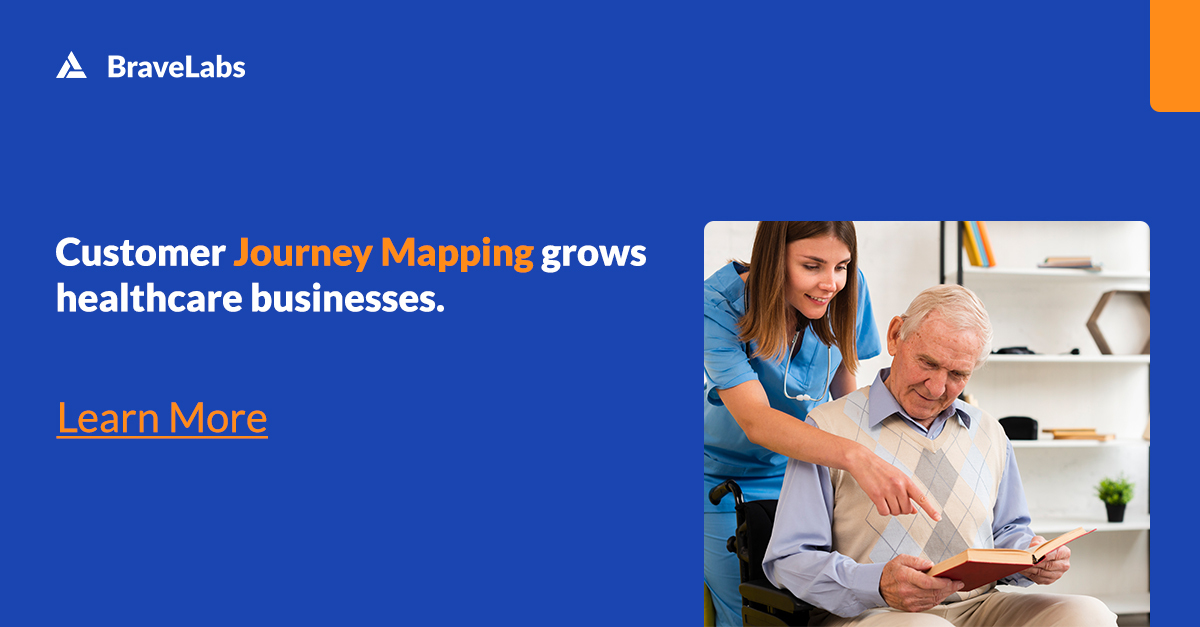Personalizing your Healthcare Website can Improve Patient Satisfaction
Personalization has been noted to result in higher revenue, lower acquisition costs, and higher satisfaction levels. But despite these powerful benefits, many healthcare companies are still not making their websites personalized.
Introduction
The healthcare industry is
undergoing massive changes today. The rapid digitization that the world has
experienced during the past few years has been accelerated by the pandemic. The
pandemic’s unique challenges forced healthcare companies to adapt to
digitization.
The importance of digital
presence was already high for healthcare companies before the pandemic. With 9
out of 10 US adults searching for medical information online and nearly over
3/4ths of patients searching online before making a visit, digital presence is
critical for the success of healthcare businesses.
Patient
Satisfaction
Patient satisfaction is an important metric to keep in mind for any
healthcare provider. Patient satisfaction is closely related to the overall
success and strength of a healthcare business. High patient satisfaction leads
to higher reimbursements, better patient loyalty, easier patient acquisition,
and drives growth for the healthcare business.
Anyone who is a part of hospital management knows that patient
satisfaction levels cannot be ignored if one is aiming to improve the long-term
success of a healthcare business. In fact, satisfaction levels are only going
to gain more importance in terms of government subsidies and other
reimbursements.
So it goes without saying that hospital management should be exploring
each and every way that they can reasonably deliver better patient experiences
and drive towards higher patient experiences.
Yet despite this realization, many healthcare businesses are overlooking
key areas that can drive higher patient experiences.
Personalization
Personalization is another big
change that is happening in the healthcare industry that showcases how
healthcare companies are moving towards a ‘patient-centric’ focus instead of a
‘disease-focused’ approach. Hospitals are using data-driven approaches to help
personalize healthcare for each patient.
This approach reduces hospital
readmission rates, increases patient treatment outcomes, and delivers better
patient experiences to patients. As a result of recognizing that each patient
is a customer and has their own expectations, hospitals are able to better
align experiences.
But when it comes to
healthcare websites, personalizations seem conspicuously missing. Choose any
healthcare company at random and visit their website, the odds are that you
will not find a personalized experience.
Many healthcare businesses
don’t recognize that their websites are their personal branding on the internet
and often the first interaction that patients have with their organization. Not
personalizing the website leads to lower conversion rates and unrealized losses
in terms of lack of patient experience improvement.
If your healthcare company
provides services related to cosmetic surgery, it would be foolish to assume
that all the visitors to your website will have the same requirements, needs,
or interests. Website personalization allows you to use data and analytics to
display dynamic versions of your website to visitors based on their particular
personal profiles.
This allows you to showcase
the content of your website that will be the most relevant and valuable for
those visitors immediately at the front. This makes it easier to engage the
visitors and results in much higher conversion rates.
Research from McKinsey
consulting has shown that personalization has the potential to boost revenue by
as much as 15% and reduces acquisition costs by as much as half. For the
healthcare industry, these benefits will be even more pronounced.
Using machine learning and
data analytics to predict the needs of the patients is one emerging use case of
cutting-edge technology. Patient portals, the addition of valuable services,
inclusive content, and having a user-friendly website are some of the ways that
healthcare companies can personalize their websites for patients and visitors.
To make a dynamic and truly
personalized website, hospitals can take the help of agencies that offer healthcare digital
marketing services instead of dedicating their own costly
resources to the process.
Conclusion
The medical industry has
mostly understood the importance of personalization when it comes to delivering
better outcomes and experiences to patients. But despite this fact, many
healthcare organizations still neglect to personalize their own websites and digital
presence.
As the healthcare industry
slowly wakes up to the power and importance of digital presence, major players
are already realizing the importance of digital personalization.
By choosing not to, or by not
recognizing the importance of personalized websites, your healthcare business
is losing out on the unrealized potential of improving patient satisfaction.
Contact BraveLabs,
the full-service healthcare digital
agency, to learn how you can implement website
personalization for your healthcare company today.

.jpg)


Comments
Post a Comment